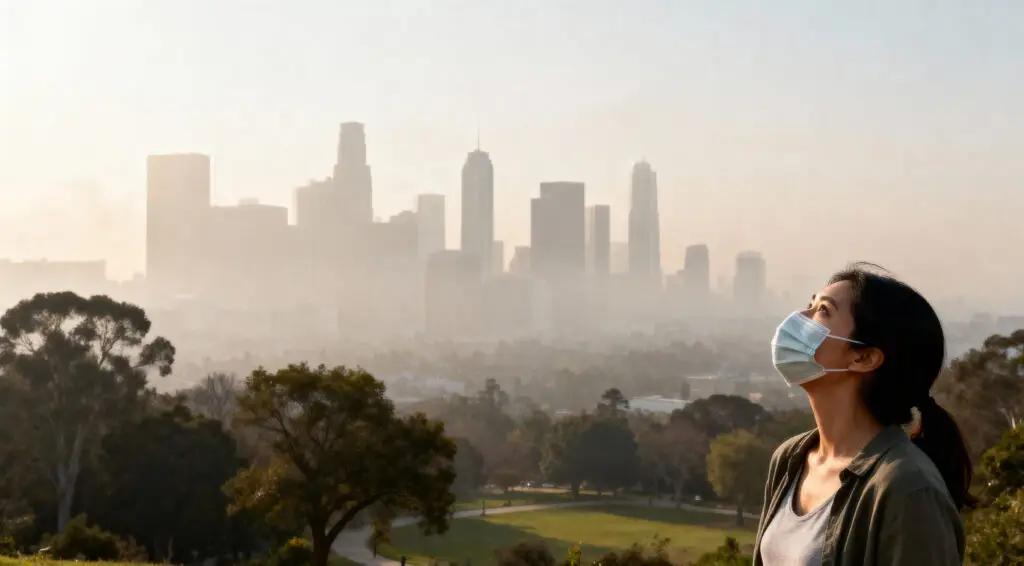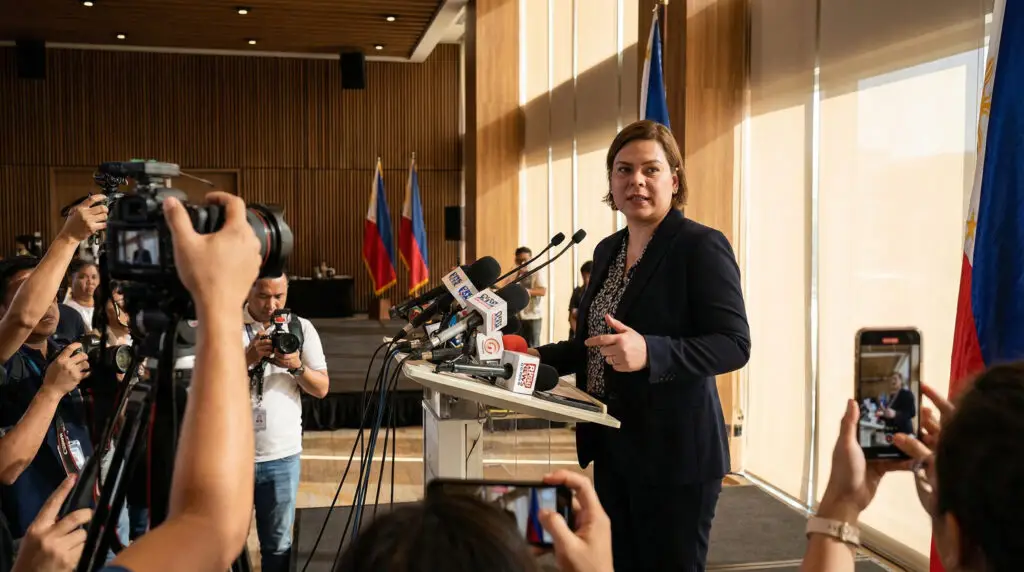Understanding the Invisible Threat of Air Pollution
Air pollution is a long-lasting worldwide problem that poses more health risks than most people realize. Dr. Deena Thomas, an assistant professor of public health at Binghamton University, has focused her research on how tiny air pollutants, notably PM2.5 particles, damage both physical and mental health.
She says that PM2.5, which is particulate matter smaller than 2.5 micrometers, is harmful because it may get deep into the lungs and blood. These particles may mess up many systems once they get inside, including the respiratory and cardiovascular systems. They have also been related to neurological damage.

The Link Between Air Toxicants and Bodily Systems
A lot of Thomas’s study has been about how these small particles affect the body’s ability to make iron. Her research shows that more and more evidence points to the fact that breathing in dirty air can cause systemic inflammation and oxidative stress, which are two major causes of chronic illness.
She says that pollution doesn’t just hurt the lungs and heart; it may hurt almost every organ. This shows that pollution is a big health problem that many people don’t realize.
Raising Awareness About Air Pollution’s Global Reach
Thomas believes that one of the main things that drives her is how few people know how far air pollution spreads over the world. A lot of people don’t realize how big the problem has gotten, especially in places that aren’t industrialized.
She regularly sees students in her seminars who are surprised to find that air pollution is one of the top causes of mortality in the world. This shows how important it is as a worldwide public health concern.
Recommended Article: Healthcare Worker Shortage Threatens Singapore’s Stability
Air Quality Challenges in Indigenous Communities
Thomas also looks at how indigenous populations in India feel about air pollution outside of big cities. She says that even if these communities don’t utilize scientific phrases like “air pollution” or “climate change,” they do know that the environment is changing and how it affects their health.
She talks about how people notice changes in the weather, air quality, and even how well traditional remedies work. This shows that people can be aware of environmental changes no matter what language or culture they speak.
The Complexity of Finding Sustainable Solutions
Thomas says that fixing air pollution won’t be easy or quick. There are many reasons, including transportation, business, agriculture, and even things that people do at home. She says that solutions need to use technology, politics, and education all at once to work.
But she thinks that the first important measure is to raise public awareness. By making pollution data easy to find, people and communities can make better health decisions right now.
Nutrition as a Potential Line of Defense
One of Thomas’s most cutting-edge study fields looks at how diet might guard against contaminants in the environment. She posits that persons with balanced diets may exhibit enhanced resistance to the deleterious effects of airborne pollutants such as PM2.5.
Her present research investigates the potential of nutrient-dense diets, particularly those abundant in antioxidants and iron, to alleviate cellular damage and enhance recovery from exposure-related stress.
Making Environmental Data Accessible to the Public
Thomas talks about how important it is for people to be able to see and understand air quality data. She remembers that during the wildfires in the U.S. and Canada, parents in Binghamton evaluated the levels of pollution and changed their kids’ outdoor activities to keep them healthy.
She argues that this type of educated action shows that making data available may save lives, not just by keeping people from getting sick, but also by giving communities the tools they need to take charge of their own health.
Toward a Healthier and More Informed Future
Thomas says that real change will need both awareness and taking responsibility for one’s own actions. She is nonetheless hopeful, saying that there are more public discussions about air quality than ever before.
As the world focuses more on sustainability, she thinks her study will lead to a new wave of health initiatives that use environmental science, public education, and nutrition to fight one of the biggest health hazards to people.























